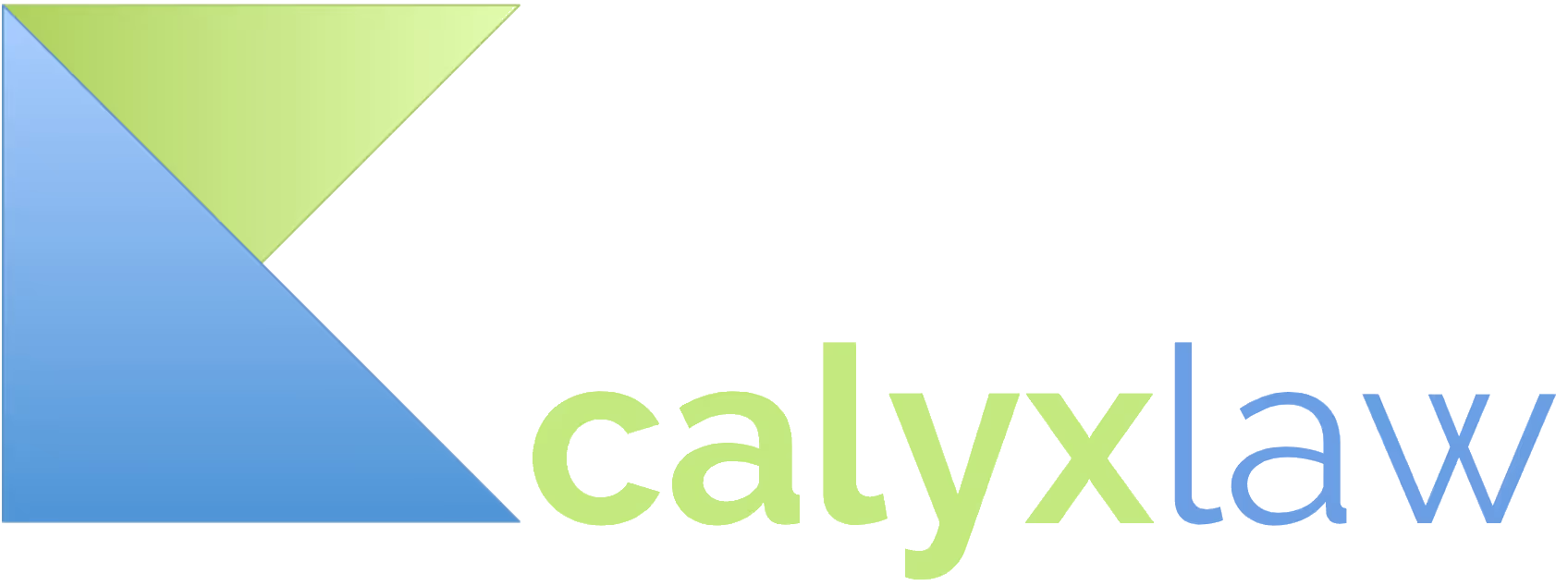Canada Supports
Psilocybin-Assisted Therapy
Unprecedented new polling shows 78% of Canadians would support a government that legalized psilocybin therapy. Now is the time to work together in a collaborative effort with the Canadian Government to bring regulatory change to Health Canada.
Donate to Support Psilocybin-Assisted Therapy Regulations in Canada
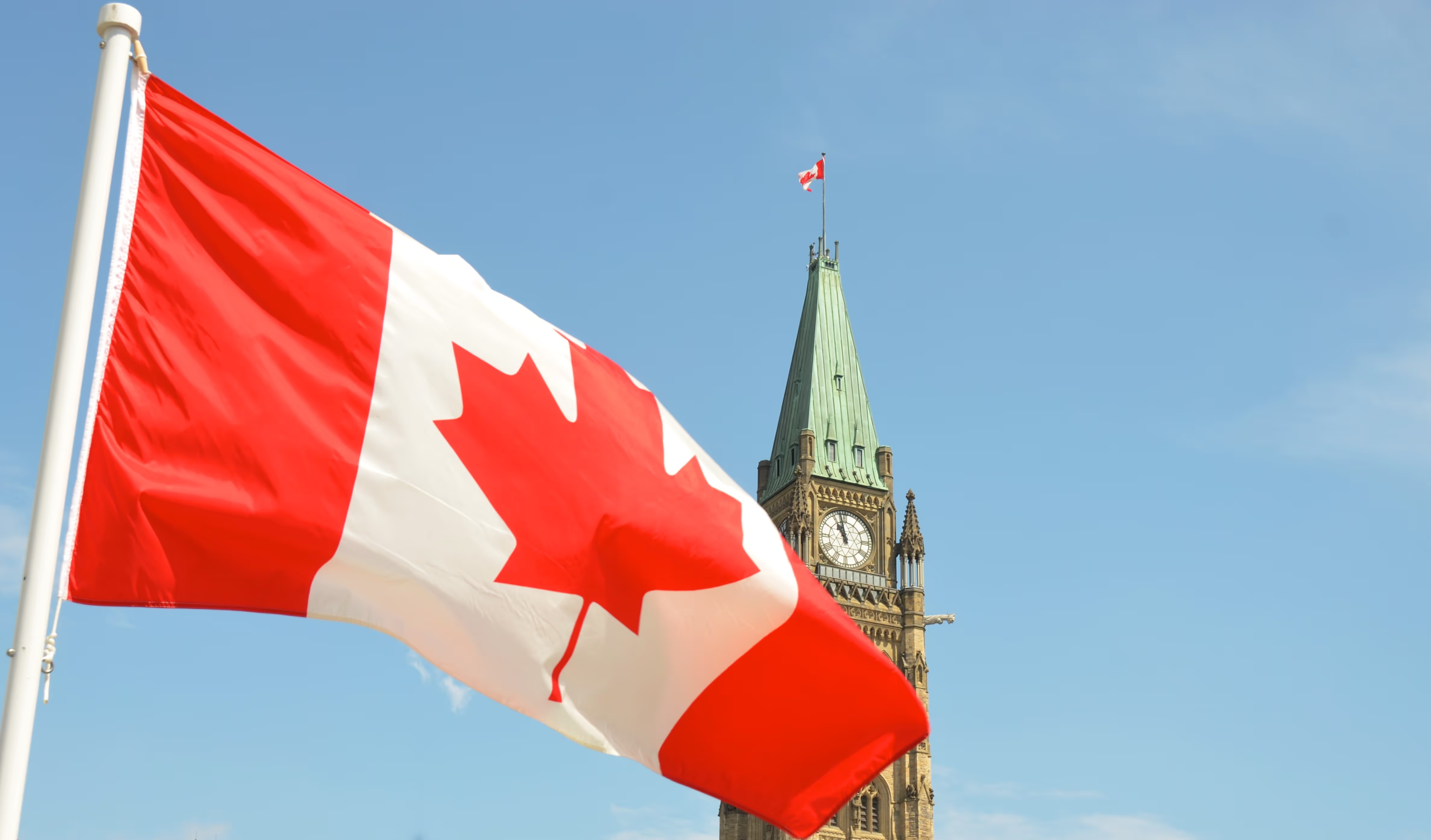
Helping Canadians in need
After in-depth polling showing Canadians overwhelmingly in support of amendments to psilocybin therapy regulations, the Psychedelic Association of Canada (PAC), in collaboration with industry, non-profit, medical, research and legal experts are united to work collaboratively with Health Canada to achieve psilocybin therapy regulations.
The Research Backs itThe Public Supports ItThe Patients Demand It
Our Submission To Health Canada
The Canadian Psychedelic Association has submitted a Memorandum of Regulatory Analysis (MORA) to Health Canada. The MORA provides a detailed framework for the regulation of psilocybin therapy for the purpose of providing legally controlled access and to enable psilocybin to be approved for medical use, while protecting the health and safety of Canadians in need.
We are encouraged by the conversations with officials at Health Canada to date and look at this as a powerful first step in further developing a constructive working relationship as we continue to advocate for these changes to the legal framework governing psychedelic therapy.
Donate today
By sponsoring this campaign you can play a vital role in the success of fundamentally shifting the psychedelic landscape in Canada.
Canadians are asking for change
The Canadian public is overwhelmingly in favour of new psilocybin therapy regulations.
National polling numbers show the need for change and support for suffering Canadians :
- 78% of Canadians would support or somewhat support a government that legalized mushroom-based psilocybin-assisted psychotherapy to improve the quality of life for palliative and end-of-life patients.
- 82% of Canadians approve the use of psilocybin-assisted therapy for people suffering from palliative and end-of-life illness. Only 4% disapprove, for a net favourability score of +78.
- 68% of Canadians agree or somewhat agree that they are open to allowing Canadians to legally access this treatment as part of their therapy. Only 7% disagree, for a net favourability score of +61.
The Science Supports Access
Academic research indicates that psilocybin-assisted therapy is effective in treating depression, anxiety, and end-of-life distress. Here are some of the most recent clinical studies showing strong efficacy for psilocybin treatment
Adults who microdose psychedelics report health related motivations and lower levels of anxiety and depression compared to non-microdosers
The use of psychedelic substances at sub-sensorium ‘microdoses’, has gained popular academic interest for reported positive effects on wellness and cognition. The present study describes microdosing practices, motivations and mental health among a sample of self-selected microdosers (n = 4050) and non-microdosers (n = 4653) via a mobile application. Psilocybin was the most commonly used microdose substances in our sample (85%) and we identified diverse microdose practices with regard to dosage, frequency, and the practice of stacking which involves combining psilocybin with non-psychedelic substances such as Lion’s Mane mushrooms, chocolate, and niacin. Microdosers were generally similar to non-microdosing controls with regard to demographics, but were more likely to report a history of mental health concerns. Among individuals reporting mental health concerns, microdosers exhibited lower levels of depression, anxiety, and stress across gender. Health and wellness-related motives were the most prominent motives across microdosers in general, and were more prominent among females and among individuals who reported mental health concerns. Our results indicate health and wellness motives and perceived mental health benefits among microdosers, and highlight the need for further research into the mental health consequences of microdosing including studies with rigorous longitudinal designs.
Decreased Brain Modularity After Psilocybin Therapy For Depression
- Psilocybin was found to decrease brain modularity, which caused brain connectivity to become less segregated and was correlated with lower depression scores in participants.
- The standard antidepressant (escitalopram) used in this study did not demonstrate a reduction in brain modularity, although it did succeed in reducing symptoms of depression.
- Psilocybin demonstrated “robust and reliable antidepressant effects.”
- “Psilocybin leads to increases in cognitive flexibility, which correlates with lower depression scores.”
- “Specifically, psilocybin is able to resolve the abnormally constricted brain landscape that can be seen in depressed populations.”
Trial of Psilocybin Versus Escitalopram For Depression
- Psilocybin was shown to be as effective as standard antidepressants for reducing depression symptoms over a 6-week period when analysing participants self-reporting.
- Significant differences were found favoring psilocybin across two secondary depression metrics.
- Secondary measures generally favoured psilocybin, but no conclusions can be drawn from the data at this time. All the study can definitively conclude is that psilocybin therapy is as effective in reducing depression symptoms as escitalopram, a standard antidepressant.
Exploratory Controlled Study of the Migraine-Suppressing Effects of Psilocybin
- Following a single administration of low dose psilocybin, migraine patients experienced a significant reduction in their migraines measured 2 weeks following the dose
Effects of Psilocybin-Assisted Therapy on Major Depressive Disorder
- Significantly reduced depression scores immediately following psilocybin-assistedtherapy session.
- “Clinically significant antidepressant response to psilocybin therapy persisted for at least 4 weeks, with 71% of the participants continuing to show a clinically significant response at week 4 of follow-up.”
- Four weeks following psilocybin-assisted therapy, 54% of participants were in remission for their depression.
- “psilocybin was found to have low potential for addiction.”
Long-Term Follow-up of Psilocybin-Assisted Psychotherapy for Psychiatric and Existential Distress in Patients With Life-Threatening Cancer
- “Results suggested that psilocybin-assisted psychotherapy facilitated improvements in psychiatric and existential distress, quality of life, and spiritual well-being.”
- “Reductions in anxiety, depression, hopelessness, demoralization, and death anxiety were sustained at the first and second follow-ups [4.5 years later].”
- Almost 5 years following their psilocybin-assisted therapy, “Participants overwhelmingly(71–100%) attributed positive life changes to the psilocybin-assisted therapy experience and rated it among the most personally meaningful and spiritually significant experiences of their lives.”
Increased amygdala responses to emotional faces after psilocybin for treatment-resistant depression
- Current treatment methods for a variety of neuropsychological conditions work on a chronic, continuous basis. Psychedelic methods seek to provide treatment in a small number of profound and therapeutic experiences.
- The amygdala is the structure of the brain sensitive to emotional stimuli.
- In clinically depressed patients, the amygdala is hypersensitive to negative emotional stimuli; this is typically treated with chronic use of SSRIs, which aims to reduce this hypersensitivity.
- Upon psilocybin administration, increased amygdala responsiveness to emotional faces was observed; allowing patients to feel emotionally re-connected and accepting after the treatment.
- SSRIs not only diminish hypersensitivity to negative emotional stimuli, but they diminish amygdalar sensitivity to emotional stimuli generally.
- Psilocybin therapy allowed patients to accept all emotions, whereas SSRIs enforced emotional avoidance and disconnection.
- Psilocybin therapy allowed emotional confrontation, breakthrough, and resolution.
Psilocybin With Psychological Support For Treatment-Resistant Depression: Six-Month Follow-up
- “Of the 19 patients who completed all assessments, all showed some reduction in depression severity at 1 week and these were sustained in the majority for 3–5 weeks.”
- “Results remained positive at 3 and 6 months respectively.”
- “Treatment was generally well tolerated and there were no serious adverse events.”
- “Symptom improvements appeared rapidly after just two psilocybin treatment sessions and remained significant 6 months post-treatment in a treatment-resistant cohort.”
Clinical Potential of Psilocybin as a Treatment For Mental Health Conditions
- Psilocybin-assisted therapy found to be safe, with no long-term negative side effects.
- “Psilocybin may play a role in reducing suicidality and improving mood.”
- Participants reported a significant and persistent increase in positive attitude andimproved mood.
- Significant decrease in anxiety up to 3 months following participants' psilocybin-assistedtherapy session.
Acute, Subacute and Long-Term Subjective Effects of Psilocybin in Healthy Humans: a Pooled Analysis of Experimental Studies
- “Short- and long-term safety was evaluated, and there was no indication of increased drug abuse, persisting perception disorders, prolonged psychosis, or other long-term deficits in functioning.”
- “The number of adverse reactions from psilocybin was few in number, resolved quickly, and was mostly associated with the highest doses of psilocybin.”
- “The subjects were followed for 8 to 16 months post psilocybin administration and exhibited no long-term negative side effects.”
Pilot study of psilocybin treatment for anxiety in patients with advanced-stage cancer
- In advanced-stage cancer patients with anxiety, and undergoing therapeutic treatment assisted with psilocybin (low-dose: 0.2mg/kg), mood was significantly increased and sustained over 6 months at the follow-up period. Anxiety levels were also reduced and sustained at the 3-month check-in period.
Psilocybin-assisted treatment for alcohol dependence: A proof-of-concept study
- Psilocybin-assisted psychotherapy reduced alcohol drinking in patients with alcohol dependence / substance use disorder
- Perhaps longer treatment with psilocybin-assisted psychotherapy OR larger doses of psilocybin may alleviate the dependence, as it has been reported that alcohol use diminishes effects of psilocybin
Characterization and prediction of acute and sustained response to psychedelic psilocybin in a mindfulness group retreat
- Through the use of psychedelic medicines, profound changes in self-consciousness may be experienced.
- Similarly, meditation practices also alter self-consciousness.
- Both are associated with experiences and feelings of insightfulness, selflessness, bliss, and unity; and both have evidence for alleviating symptoms of depression, anxiety, and stress; both have positive impacts in healthy and clinical populations.
- When used/practiced together (psychedelics + meditation), greater feelings of bliss and unity are experienced than meditation alone.
- Following psychedelic-assisted therapy and a meditation retreat, 86% of participants felt to be in a blissful state, and 70% experienced strong feelings of unity (versus 48% and 40% with the meditation retreat alone, respectively).
- Controlled “set” and “setting”, in therapeutic environments, ensure more positive effects of psychedelic experiences [emphasizing the need for safe, controlled clinics to be available for psychedelic medicine administration]
Canada Supports Campaign In The Media
Roots to Thrive
First legal Psilocybin Mushroom group therapy treatment for nine end-of life-patients
Usona Institute
The Role of Psychedelics in Medicine: Historical Context and Current Clinical Applications
Microdose
CPA Submits Memorandum for Medical Psilocybin Use to Canadian Health Minister
Psilocybin alpha
Canadians Overwhelmingly Support Legal Access to Psilocybin-Assisted Therapy, Poll Reveals
GlobeNewswire
New poll shows a strong base of Canadians overwhelmingly support controlled legal access to psilocybin-assisted therapy; Canadian Psychedelic Association responds with Memorandum of Regulatory Approval (MORA)
Marijuana Moment
Four In Five Canadians Support Legalizing Psilocybin For Therapeutic Use, New Poll Finds
Filtermag
In Canada, End-of-Life Therapy May Be the Path to Legal Psilocybin
Psychedelic Spotlight
Majority of Canadians Support Psilocybin-Assisted Therapy, According to New Poll
Cannabis Culture
New Poll Confirms Canadians Want Medical Psilocybin
Political Party Response
We sent a questionnaire to all political parties in Canada. Here are their responses:
The Liberal Party of Canada believes in following the advice of medical experts to protect the health and safety of Canadians. We would consult with Health Canada officials and other medical experts on the potential of allowing psilocybin mushrooms for medical and/or mental health treatment in therapy centres and follow the guidance of health experts on this issue.
- Liberal Party of Canada
New Democrats are encouraged by the expanding evidence base confirming the safety and benefits of psychedelic therapies, particularly for palliative and end-of-lifecare, as well as those suffering with treatment-resistant depression and post-traumatic stress disorder.
To date, the federal government has only authorized patient access to psilocybin assisted therapy on a case-by-case basis. This approach is arbitrary and inconsistent. It’s particularly inappropriate to force palliative care patients to wait for months hoping to receive a decision from the Minister of Health.
New Democrats believe that therapy should be accessible through the authorization of health care professionals, not through case-by-case exemptions granted by elected officials. We support safe and equitable patient access to psychedelic therapy in Canada.
Furthermore, a New Democratic government will adopt a fully-health based approach to substance use in Canada. That means moving towards a consistent framework for regulating substances through evidence-based assessments of their risks and benefits. This would align with the advice of Canada’s leading public health experts, including the federal government’s Expert Task Force on Substance Use.
Sincerely,
Canada's New Democrats
There are not currently any approved therapeutic products containing psilocybin in Canada, however, there is research looking at the potential of psilocybin to treat various mental health disorders.
According to the Government of Canada Clinical Trials Database there are two clinical trials that have been authorized in Canada, currently.
Health Canada advises that clinical trials are the most appropriate and effective way to advance research with unapproved drugs such as psilocybin, and that they ensure that the best interests of patients are protected and that a product is administered in accordance with national and international ethical, medical, and scientific standards. Clinical trials also provide important information on the safety of a drug and whether it may be an effective treatment option for patients.
I believe it important to see the results of these clinical trials before Canada makes any policy decisions on approval of therapeutic products containing psilocybin in Canada.
However, I can assure you that Canada’s Conservatives consider the mental health of Canadians’ as a top priority. Mental health is health and should be treated as such, and we need a plan. That’s why we will introduce the Canada Mental Health Action Plan that will:
- Propose to the provinces that they partner with us by dedicating a significant portion of the stable, predictable health funding to mental health to ensure that an additional million Canadians can receive mental health treatment every year;
- Encourage employers to add mental health coverage to their employee benefit plans by offering a tax credit for 25% of the cost of additional mental health coverage for the first three years;
- Create a pilot program to provide $150 million over three years in grants to non-profits and charities delivering mental health and wellness programming; and
- Create a nationwide three-digit suicide prevention hotline
Thank you again for writing to me.
I hope I can count on your support on Election Day.
Sincerely,
Blake Richards
Conservative Candidate for Banff-Airdrie
The Green Party is calling for a shift to the regulation of drugs using an evidence-based public health approach to harms and benefits. We support the use of the UK model here in Canada, given the rapidly growing body of evidence that psilocybin therapy provides therapeutic benefits with extremely low risk. It has been used safely to treat people suffering from addictions, common mental health issues such as depression and anxiety, as well as for end of life care. Major research institutions are involved in this research, including John Hopkins University, Yale University, the University of Toronto, and others.
The Green Party has long been calling on the federal government to improve access to mental health and addictions care. Controlled, legal access to psilocybin therapy should be part of our system. Research shows that psilocybin therapy is a promising method to treat patients suffering from mental health issues and addictions, as well as terminally ill patients.
We commend the government’s decision last year to start approving psilocybin-assisted therapy on a case-by-case basis for terminally ill patients. This is a step in the right direction. However, we know there is now a backlog of patients who have waited months for approval. Currently, approvals are made at the discretion of the Minister of Health. A controlled legal pathway would ensure safety and predictability in accessing psilocybin therapy, and would put decision-making into the hands of medical professionals instead of elected officials.
Green MPs have been advocating for expanded access to psilocybin therapy. We have written to the Minister of Health in support of specific case-by-case requests for access, on the recommendation of clinical therapists. Our caucus has also written to the Minister of Health calling for more permanent measures to grant medical professionals access to psilocybin treatment options. More broadly, the Green Party is calling for a shift away from the criminalization of drugs towards a public health approach and decriminalization.
Sacramental and medicinal plants have been used for millennia by Indigenous cultures for healing. Criminalizing Indigenous peoples’ use of traditional medicines with psychoactive ingredients is part of Canada’s colonial legacy that sought to destroy Indigenous cultures and ways of life.
Greens support the use of traditional medicines by Indigenous peoples in Canada. As MP for Nanaimo-Ladysmith, Paul Manly sponsored parliamentary petition e-2534, signed by almost 15,000 Canadians, calling for the decriminalization of psychoactive plants and fungi that have traditionally been used for medicinal and ceremonial purposes by Indigenous peoples.
Controlled, legal access to psilocybin therapy should be accompanied by provisions that allow treatment in therapy centres under medical supervision. We also need to increase the knowledge and awareness of medical professionals to counsel patients on psilocybin therapies in a comprehensive and safe manner.
Health Canada should be working with the leading experts to help guide the path forward on psilocybin therapies. Moreover, Health Canada should be including the lived experiences of patients who are seeking access to psilocybin therapies, as well as those who have received these treatments for various health issues.
Green Party of Canada
Waiting on Response
Waiting on Response
The Canada Supports Alliance
The Canada Supports campaign is proudly supported by and endorsed by the top organizations in Canada
Main contributors
Cheerleaders
Sign up to join the Canada Supports Alliance
Professional Endorsements
The Canada Supports campaign is professionally endorsed by the top health professionals in the field
Lindsay Billingsley
MSW, RSW Clinical Counsellor
Dr. Pamela Kryskow
MD
Dr. Elizabeth Plant
MD, Physician
Dr. Sunil K. Aggarwal
MD, PhD, FAAPMR, AIMS Clinic Seattle
Todd Haspect
M.Ed, R.C.C., Roots To Thrive Therapist
Gail Peekeekoot
Roots To Thrive RN
Susan McBride
RN, Private Practice Therapist
Dr. Anthony Giordano
MD, CCFP
Dr. Jenna Creaser
MD, Private Practice Physician
Emelyn Rozas
RSSW
Paul Cosulich
MA RCC
Dr. Ravi Bains
MD Psychiatry, Wayfound Physician
Natalia Brajak
Clinical Counselor
Anne Kwasnik-Krawczyk
MD, ABFP, CCFP (PC), Aberdeen Hospital, NS
Dr. D.J. Cook
MD, PhD, FRCS(C), Queen's University
Todd Haspect
M.Ed, R.C.C.
Sabrina Syne
RN
Dr. Robyn Grobler
MD
Andrew Charrette
KGK Science Inc.
Victoria MacPhail
Kapoose Creek Wellness
Josh Kurucz
Nature Nootropics
Dr. Michael Ocana
Psychiatrist
David Lawrence
MD, MPH, CCFP(SEM), Dip Sport Med, University of Toronto & The Toronto Blue Jays
Sign up to professionally endorse the Canada Supports Alliance
Pledge Your Support For Canadians In Need
We have the opportunity to make history and contribute to a new paradigm where Canada inspires the world through its approach to treating mental health.
Empowered by the patients in need and supported by our expert alliance of medical, research, legal, First Nations and Indigenous advisors, we’re motivated to bring timely and effective change to Canadians at end-of-life and those suffering from various treatment-resistant mental health conditions.
Will you join us?
Sign Up
Make A Donation
Your contribution will help us drive regulatory change, create educational content and raise public awareness around psilocybin-assisted therapy. Every dollar counts and will go a long way to helping us create history, and provide access to life-enhancing therapies to Canadians in need.
For larger donations please send us an email


.svg)



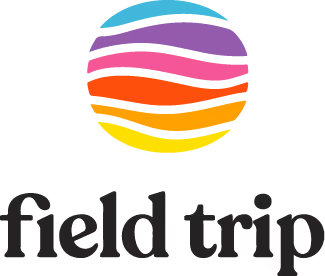
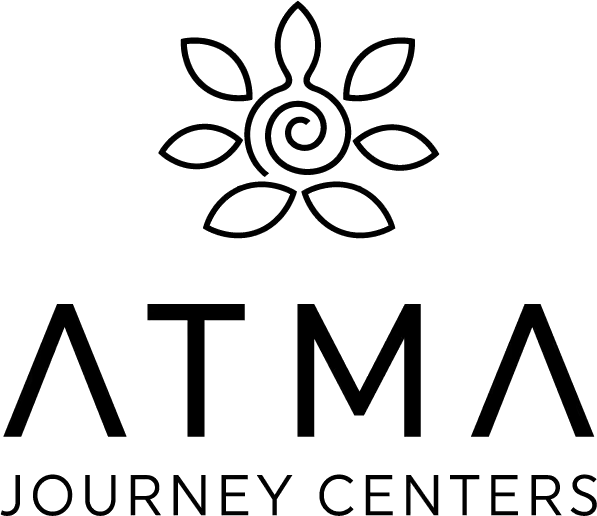






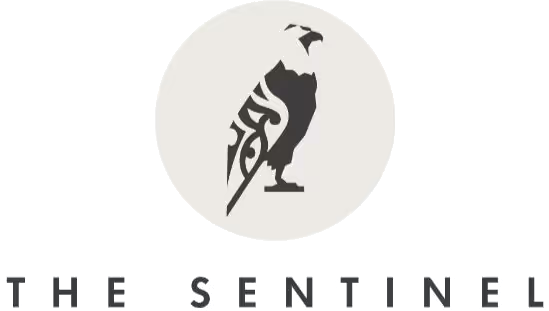
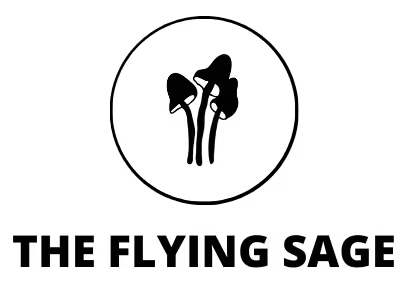

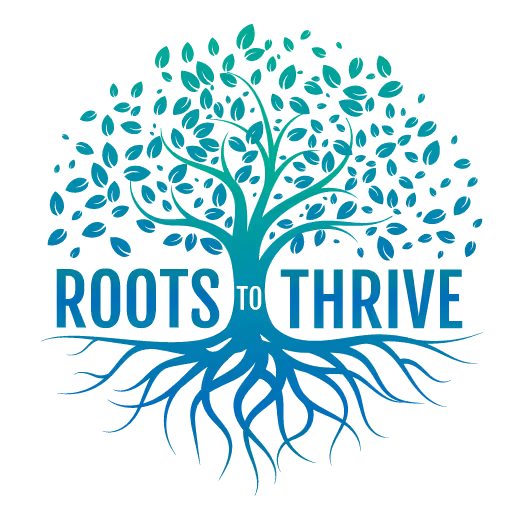
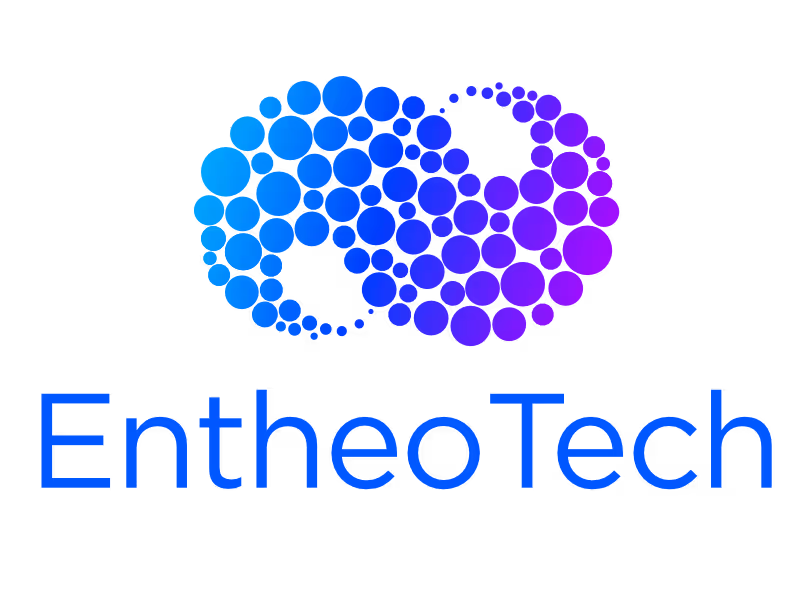




.avif)

